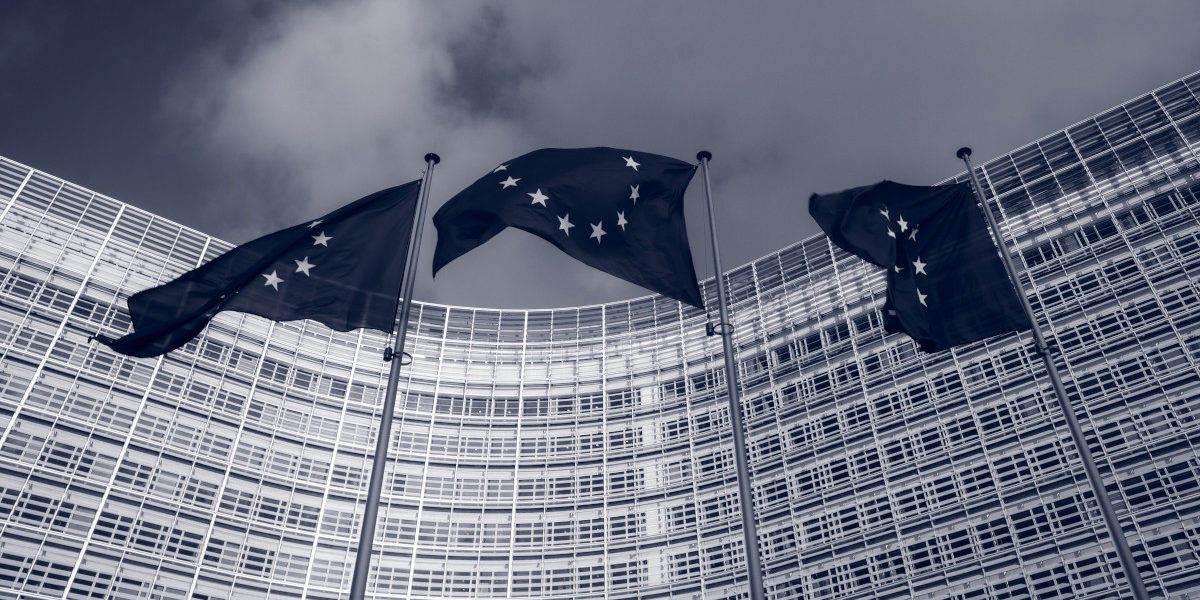From pv magazine Germany
The European Commission has not backpedaled: In the future, nuclear energy and gas-fired power plants will be considered sustainable within the framework of the EU taxonomy, in opposition to the assessment of its own group of experts.
The panel consists of climate experts from science, business and non-governmental organizations. In principle, the experts described nuclear power as unsustainable. However, according to unconfirmed media reports, the commission appears ready to modify the specifications for gas-fired power plants compared to their original draft – mainly at the request of Germany.
New gas-fired power plants will be considered sustainable by 2030 if they replace power plants with higher CO2 emissions and switch completely to more climate-friendly fuels such as hydrogen by 2035 at the latest. In the original draft, the commission had specified 2026 as the latest date for the admixture of such gases. The upper limit is 270 grams of CO2 per kilowatt-hour of electricity produced, or the power plant may not exceed the value of 550 kg/kW of installed capacity over the course of 20 years.
According to an EU spokesman, the EU Parliament and member states now have four to six months to reject the commission's plans, which is considered unlikely, as in parliament, 353 of the 705 members would have to vote against it. MEPs from the Greens and the Social Democratic Party of Germany (SPD) have already announced resistance, but it will be difficult without votes from the large conservative camp of the European People's Party (EPP) group. The latter has already welcomed the commission's plans.
However, there are also critics within their ranks, such as Member of Parliament Markus Ferber from CSU, the German conservative party. “The European Commission has ignored all the critical feedback it received on the first draft of the delegated act,” he said.
Only a qualified majority in the European Council could stop the plan. That would be at least 20 states that together represent at least 65% of the population in the union.
Europe divided
Austria and Luxembourg have already announced that they will take legal action. “Nuclear power is neither ‘green' nor sustainable. I cannot understand the EU's decision,” Austrian Chancellor Karl Nehammer said on Twitter.
Popular content
Environmental organizations have been asking the German federal government for weeks to also sue. However, the new ruling coalition is internally divided and has thus far rejected these demands. German Greens leader Ricarda Lang advocates a “no” from the federal government and calls for the chances of success for a lawsuit against the legal act to be examined. If these are positive, Germany should join the lawsuits of other EU member states.
The Free Democratic Party (FDP), also a coalition partner, sees it differently. Its spokesman for energy policy, Michael Kruse, has spoken about striking a fair compromise. But his party colleague, Finance State Secretary Florian Toncar, was more discreet in recent comments to Reuters. “I expect that the market will develop financial products that are in line with the taxonomy, but deliberately avoid financing nuclear energy,” said the FDP politician, describing an eco-label for nuclear power as unjustified.
In the course of the legislative process, it could also be clarified whether the EU Commission is entitled to make such a decision almost unilaterally by means of a delegated legal act. Several experts on EU law have questioned this in recent weeks and have determined that a proper legislative procedure involving parliament would be necessary. Earlier this week, Spain, Denmark, the Netherlands and Sweden rejected the sustainable classification of gas in a letter to the commission.
Investors unhappy
Critics from the Platform for Sustainable Finance to numerous environmental organizations have complained that there is no reason to describe a bridging technology as sustainable. They reject nuclear energy, anyway.
Criticism also comes from the financial sector, especially from the ranks of sustainability funds. The word “greenwashing” is used frequently.
The taxonomy of the financial sector is actually designed to specify which investments can be described as sustainable. Based on this, an EU eco-label for funds is expected to be introduced in the coming years. Hans Stegmann, chief strategist at Triodos Management, finds clear words for the EU Commission's decision on nuclear power and gas: “This is how we bury the taxonomy.”
Author: Jochen Bettzieche
This content is protected by copyright and may not be reused. If you want to cooperate with us and would like to reuse some of our content, please contact: editors@pv-magazine.com.


1 comment
By submitting this form you agree to pv magazine using your data for the purposes of publishing your comment.
Your personal data will only be disclosed or otherwise transmitted to third parties for the purposes of spam filtering or if this is necessary for technical maintenance of the website. Any other transfer to third parties will not take place unless this is justified on the basis of applicable data protection regulations or if pv magazine is legally obliged to do so.
You may revoke this consent at any time with effect for the future, in which case your personal data will be deleted immediately. Otherwise, your data will be deleted if pv magazine has processed your request or the purpose of data storage is fulfilled.
Further information on data privacy can be found in our Data Protection Policy.